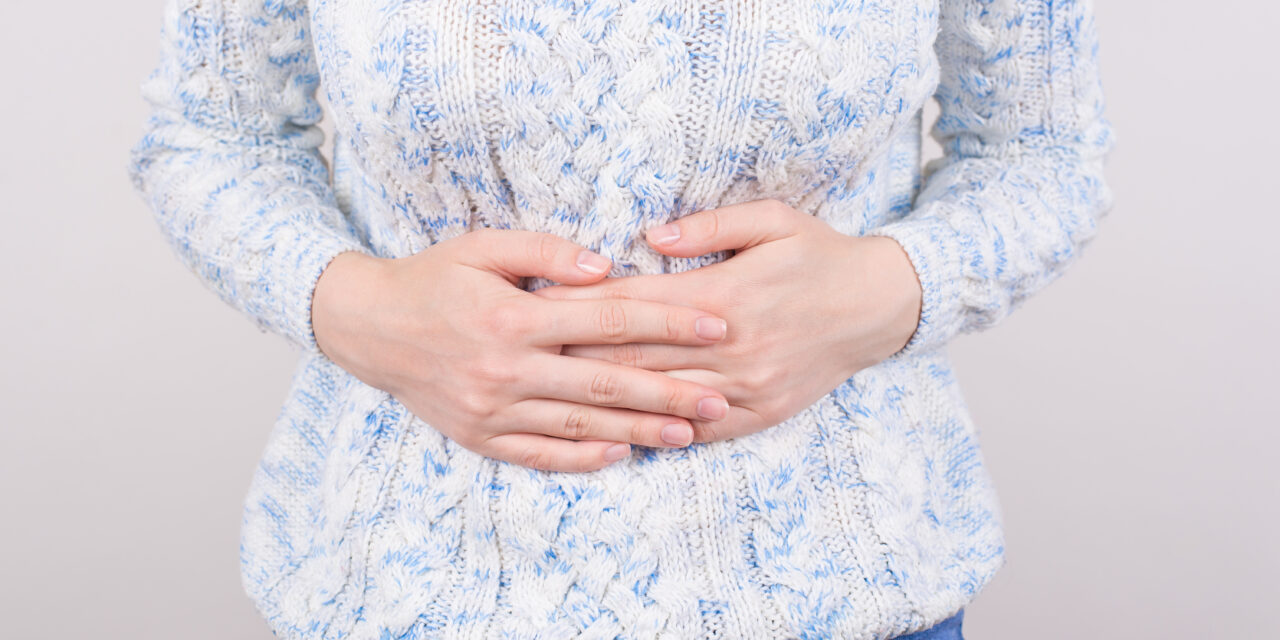By Jennifer Klock, RD, CDN, Clinical Dietician Roswell Park Comprehensive Cancer Center
Bloating, stomach discomfort, fullness after eating a small amount of food might indicate that your stomach is taking too long to empty after eating, especially solids. This condition of delayed stomach emptying, called gastroparesis, can lead to problems in getting sufficient calories or controlling blood sugar.
Gastroparesis may occur following abdominal or esophageal surgery, such as gastrectomy, roux-en-Y and pancreatectomy, or due to gastrointestinal disorders or viral infections. When its cause is unknown, it is referred to as idiopathic gastroparesis. However, the most common cause of gastroparesis is diabetes.
Gastroparesis occurs when the vagus nerve, which controls the movement of food from the stomach through the digestive system, is damaged, interfering with the function of the stomach and intestinal muscles. Symptoms of delayed gastric emptying may include bloating, stomach discomfort, feeling full after eating a small amount of food, and even nausea or vomiting.
If you are experiencing these symptoms, your physician may recommend a gastric emptying study for a definitive diagnosis. The test involves consuming a meal, usually consisting of a low-fat egg substitute (like Eggbeaters) labeled with a radioisotope. Thereafter, scans will determine how long it takes for your stomach to empty. Normally, your stomach contents are at 60% or less two hours after a meal, and completely empty (or close to it) four hours after a meal. If your stomach contents are greater than 60% at two hours or 10% at four hours, gastroparesis might be indicated.
If you have diabetes in addition to gastroparesis, controlling your blood glucose is very important. Well-controlled glucose helps your stomach empty, and prevents wide fluctuations in blood sugar levels and unexpected after-meal low blood sugar levels. Making food modifications may also help your stomach to empty faster and control symptoms. Try these strategies:
- Smaller meals. Consider eating four to six smaller, more frequent meals throughout the day.
- Low-fat and low-fiber foods. While fat is linked to slower gastric emptying, fats in liquids are usually well-tolerated and can help provide needed calories.
- Chewing habits. Chew foods well before swallowing.
- Sitting. Sit upright during and after meals, and avoid lying down for three to four hours to avoid acid reflux.
- Take a walk after meals. Exercise has been shown to help increase gastric emptying.
- What to avoid. Avoid alcohol, smoking, caffeine, acidic, spicy, or fried foods, and carbonated beverages, which also helps with bloating or reflux, as well as fiber supplements or fiber bulking agents for constipation.
- Limit fluids during meals. Fluids can take up room in the stomach and prevent you from consuming sufficient calories. Instead, eat protein-rich foods first, and drink fluids with calories. Consider drinking fluids after meals and having more liquids between meals.
If you continue to experience symptoms of delayed gastric emptying, talk with your provider to determine if medications are needed to help your stomach empty more quickly. Find more great articles at https://www.roswellpark.org/cancertalk, or call 1-800-767-9355 to make an appointment with a Roswell nutritionist.












